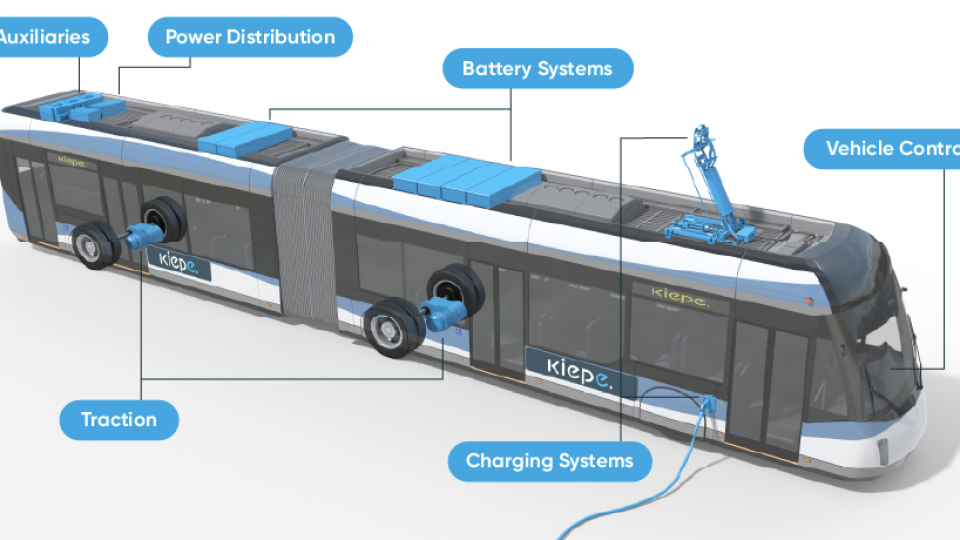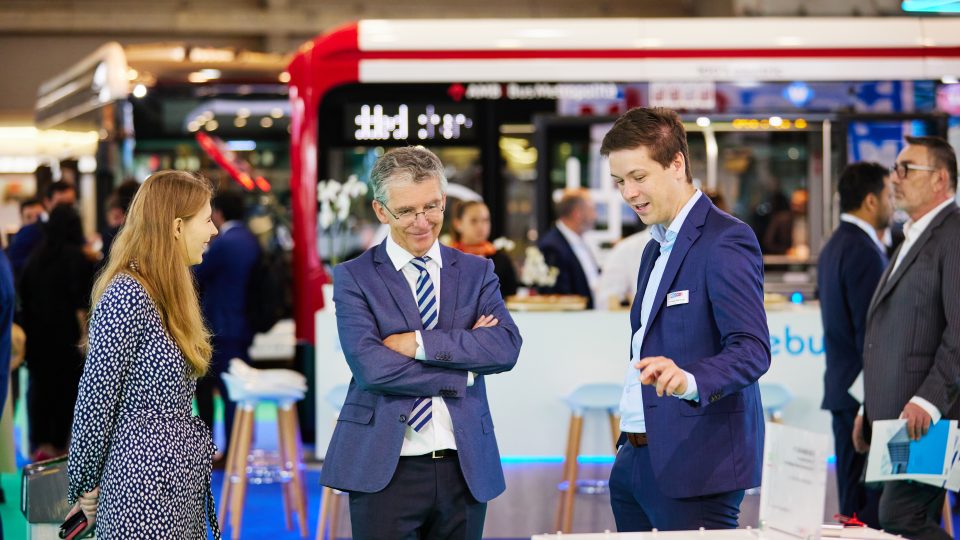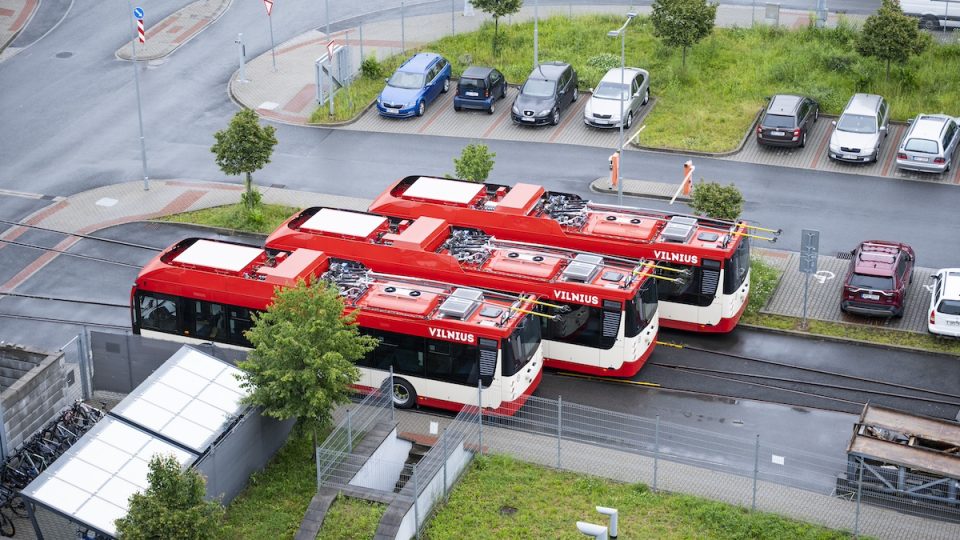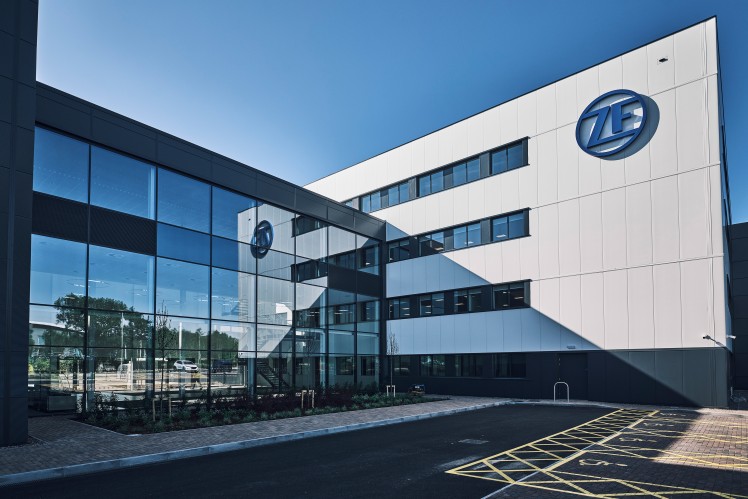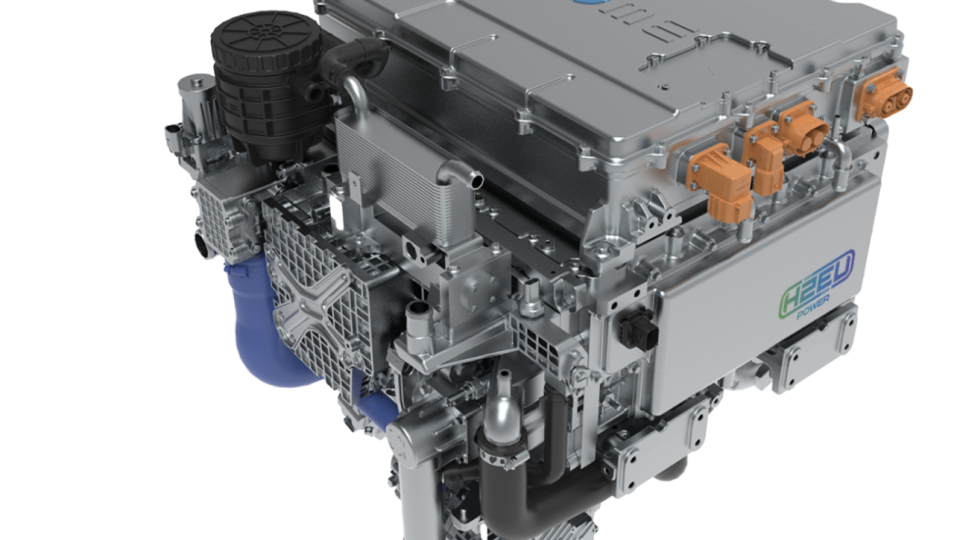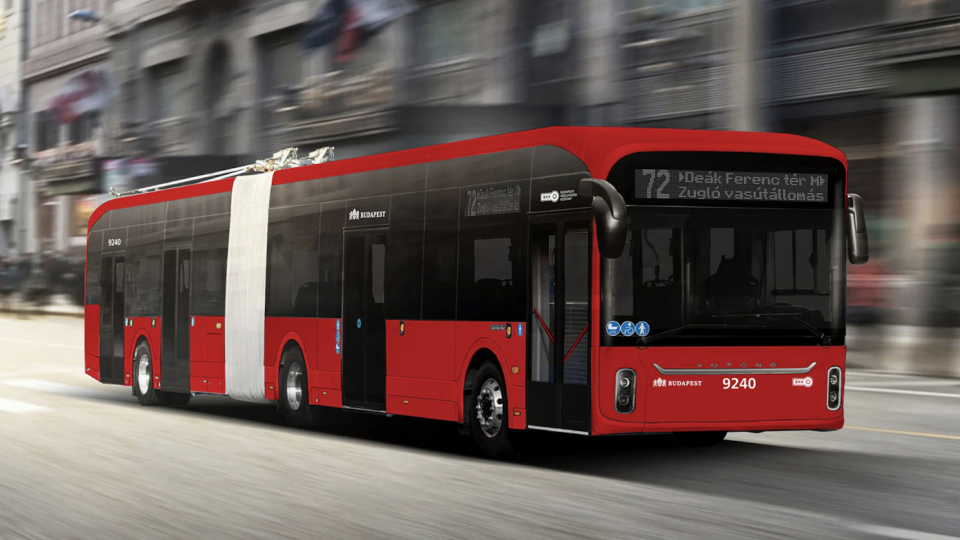UK, West Yorkshire approves plan for zero emission bus transition: over 200 e-buses to be deployed
The number of e-buses in operation in West Yorkshire is set to grow, according to plans approved by West Yorkshire Combined Authority: 111 e-buses are awaited in the first phase, with another batch for 126 to follow. The new vehicles would be part of the West Yorkshire Zero Emission bus programme and replace older, more polluting diesel […]
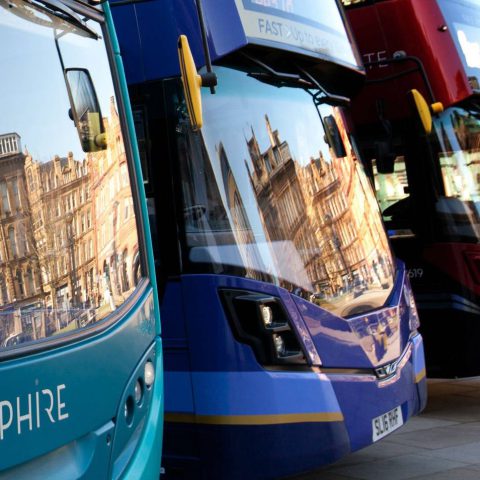
The new vehicles would be part of the West Yorkshire Zero Emission bus programme and replace older, more polluting diesel vehicles. New electric charging facilities in the region’s bus depots and charging points on bus routes are also planned as part of the scheme.
West Yorkshire electric bus programme
The programme would be delivered in three phases with the first introducing 111 electric buses in Bradford, Leeds and Wakefield. The second phase would introduce electric buses to Calderdale and Kirklees, and the third intends to introduce a further 126 zero-emission buses across West Yorkshire, with the infrastructure to support them.
The programme has the potential to reduce carbon emissions in the region by between 12,000 and 17,000 tonnes per year, during the lifetime of the electric buses compared to diesel vehicles, West Yorkshire Combined Authority says.
It also aims to modernise services, increase the number of people using buses in West Yorkshire and potentially increase the number of green jobs in the region.
Goal: net zero by 2038
At its meeting in Leeds on Thursday (Jun 23), the Combined Authority agreed to begin work on the final business case for the West Yorkshire Zero Emission bus programme, and agreed to indicatively allocate £50m towards the scheme, subject to final approval.
Commenting on the four programmes Tracy Brabin, Mayor of West Yorkshire said: “This agreement on the plans for more zero-emission buses in our region is a hugely positive step in our vital work to reduce carbon emissions and reach our target of net-zero by 2038. And it’s made even more important by recent figures which showed that one in 22 deaths in our region is due to poor air quality. We’re working with bus operators through our Enhanced Partnership to increase bus usage and improve all aspects of services and the travel experience. The West Yorkshire Zero Emission bus programme will play a key role in this”.

